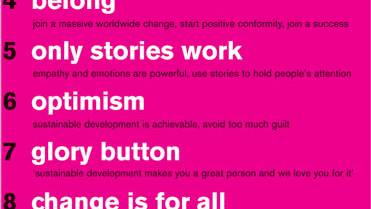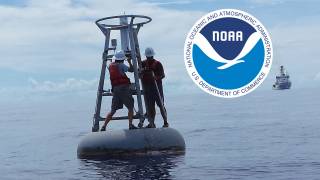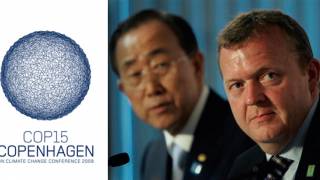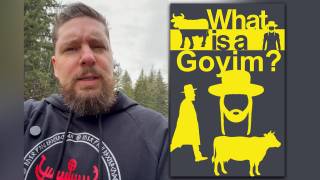UN Climate Kingpins: Don’t Inform The Masses, Intoxicate Them With Fiction
Source: infowars.com
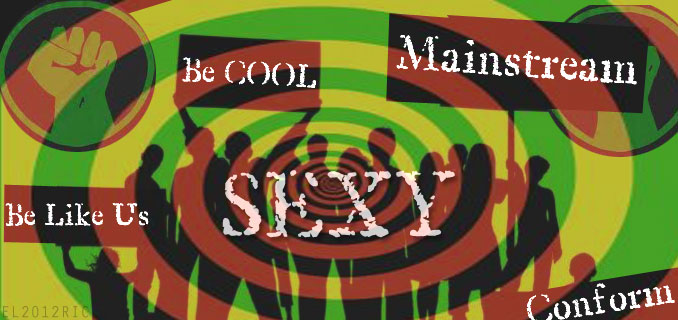
“Broadcasters play a vital role by informing and educating the public about the realities of climate change and the costs of inaction. Armed with information, citizens are better equipped to push for meaningful and responsible follow-through from their elected representatives. This is all the more essential in the final days before Copenhagen.”
~ Statement by UN Secretary-General Ban Ki-moon for UNESCO’s International Conference on Broadcast Media and Climate Change
At a UNESCO conference in September of 2009 on how to best sell the global warming hoax to selected target audiences, spokesman and media-manager of the UN’s Framework Convention on Climate Change Eric Hall called for the creation of “an imagination, and a vision” through works of fiction for people to chew on in the run-up and exceeding the Copenhagen conference of that same year.
“That”, Hall explained, “will come through film, it will come through soap operas, it will come through reality TV, it will come through novels.”
He made the statement at the conference “Broadcast Media and Climate Change”, organized by the United Nations Scientific and Cultural Organisation. Attended by a wide range of public and private broadcasters from around the globe, the meetings were recorded on tape for all to see and hear, highlighting the need for- as one attendee described it: “raising awareness on climate change worldwide”.
To put Eric Hall’s call for fiction-induced mind control into context, here follows a short summary of the conference. Because the video’s are copyright-protected, they are not posted here (I have included the accurate time-codes so the reader may easily look them up). The entire transcript archive of the conference can be accessed here.
Jean Reveillon, Director General of the European Broadcasting Union, outlines the mission at the very start of the conference (Session 1, 00:8:36):
“We believe that the subject at hand is of great importance and the very idea that people from the media- and in particular broadcasters- be able to come together and reflect on the best way to cover information on climate change in order to provide the best possible public service mission that is ours to the world (…)”
During the first session of the conference, we see a familiar face. Mr. IPCC and co-receiver of the Nobel peace-prize Rajendra K. Pachauri tells us via satellite link (Session 1, 01:05:00):
“Earlier speakers have referred to the importance of bringing about behavioural changes- and may I submit that these behavioural changes would essentially be in the nature of changes in lifestyles. There a several things that we can do in our individual lives and I think the broadcasting community perhaps needs to go out and tell people- and create a grass-roots movement (…).”
When broadcasters tell people what to do, any movement as a result of it would of course no longer be grass-roots. Vice-Chair of the IPCC, Jean-Pascal Van Ypersele, seconds Mr. Pachauri’s statements, saying (Session 1, 01:12:08):
“We are very much convinced in the IPCC that media- in particular broadcast media which talks to so many people at the same time- have a particular role to inform and educate the citizens throughout the world; and the IPCC is really keen on collaborating with you and trying to provide the best information, the most understandable information so that you can do your very important work.”
In response, the Director General of the European Broadcasting Union immediately replied:
“Thank you very much. And indeed I can confirm that we from the media want to do our best to accomplish that mission.”
Another UN PR-person states (Session 1, 01:19:42):
“It is very important that the media seize this moment and help the United Nations and help others if they can. Very soon the United Nations will be putting out as part of its campaign a public service announcement. We hope you will work with us as far as that is concerned. I also pray that you’ll examine all roads. You look truly at revolutionary ways on climate change coverage.”
An interesting intermezzo was provided by speaker Alex Kirby, a 20-year BBC veteran environment reporter, who openly stated he cares not for opposing views of the IPCC fairytale, bizarrely comparing climate-sceptics to Apartheid proponents (Session 1, 01:36:35):
“I’ve never thought it is part of the journalists’ job to try to inject an artificial and spurious balance into an unbalanced reality. If I have been sent to do a story on Apartheid or poverty or starvation, I hope to God I would not have tried to do a balanced story. And I think the same applies to climate change.”
Even more interesting than the statement itself is the fact that it is not included in the transcript of his speech, posted here on the UNESCO-website.
[...]
Read the full article at: infowars.com
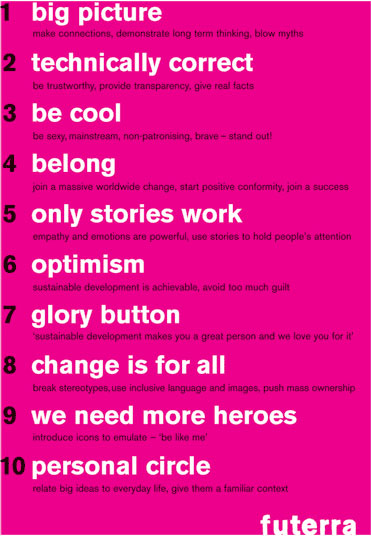
Also tune into Red Ice Radio:
Alex Newman - Rio+20, UN Conference on "Sustainable Development"
Eric Karlstrom - Hour 1 - Behind The Green Curtain
Tim Ball - Climategate & The Anthropogenic Global Warming Fraud
Jerry E. Smith - The "Green" Conspiracy
Michael Coffman - Global Warming Science
James Corbett - Transhumanism, Neofeudalism & the Green Movement
Peter Taylor - The Corporatization of the Environmental Movement
